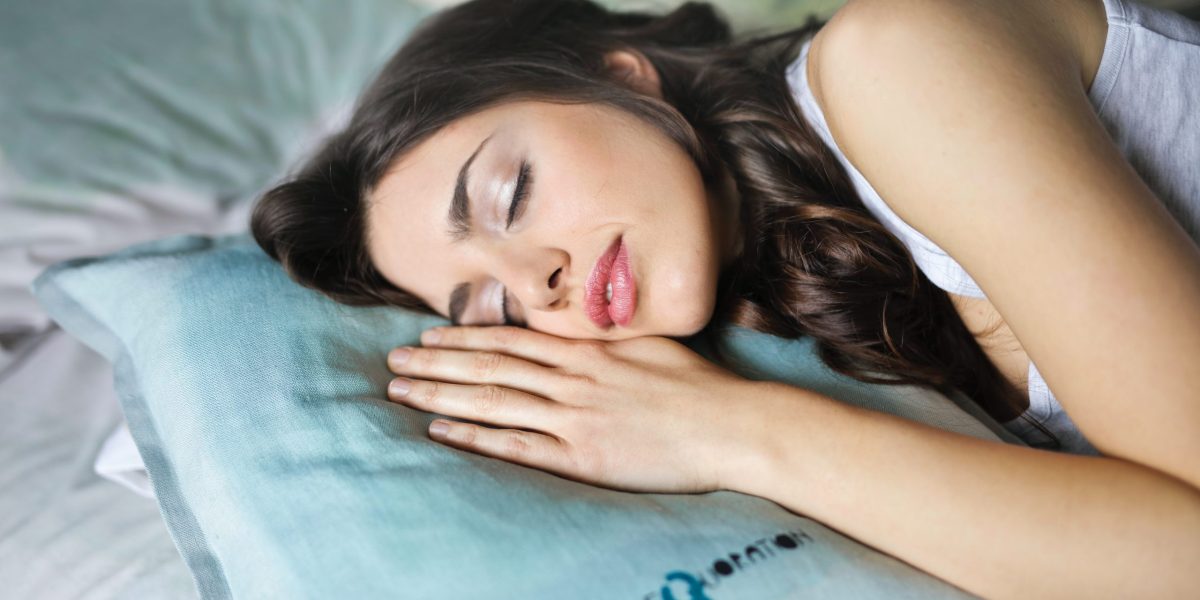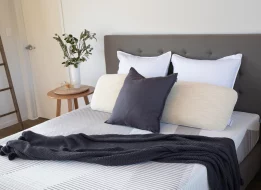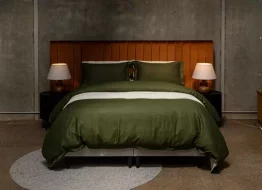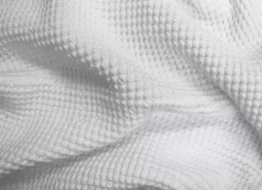Why Do So Many Of Us Have Trouble Sleeping?
Other than those annoying people who possess the superpower of being able to fall asleep the second their head hits the pillow, everyone has been through that bizarre sensation of rolling into bed completely knackered… and then staring at the ceiling for hours wondering why they can’t fall asleep. It’s an impossibly frustrating feeling that for some of us seems to occur every night. But what are the reasons for this? How can it be that in minutes you go from ‘out on your feet’ to wide-awake on your back?
Beyond the obvious explanations, like genuine sleep disorders, such as insomnia, sleep apnea and restless leg syndrome, there are a few other factor that have been studied by those who put in the time and research and could offer an explanation as to why those crucial hours of sleep are becoming harder to come by.
One of the more common and already well-recognised reasons behind this phenomenon is caffeine. It’s hardly anything groundbreaking to reveal that having a coffee right before you go to bed is going to make it more difficult to sleep. However, the extent to which caffeine can have this awakening effect is pretty remarkable, as a 2018 study by Risk Management and Healthcare Policy found that in extreme cases (with those particularly sensitive to the effects of caffeine), a dose as early as 7:00am could still effect your ability to sleep in the evenings, over 12 hours later. So, if you’ve cut out that late-afternoon coffee and are still finding it difficult to nod off when the lights go out, it could be that you’re still buzzing off of the boost you got even earlier.
Another explanation that has become a problem for more and more of the world in the last decade or so is the lingering effects that our devices can have on our brains even after we put them down for the evening. Part of this is strictly physiological and stems from the ‘blue light’ that emits from our LED devices, which can interfere with our ‘circadian rhythm’ by effecting our bodies ability to produce melatonin, the hormone that makes us drowsy. The other explanation is more psychological, as if you’re engaging with content that is likely to stimulate your brain right before attempting to sleep, you’re going to have difficulty relaxing your mind and getting to sleep. Either way, maybe stay away from the screen staring if you’re trying to save yourself the wasted hours laying awake.
A third explanation (and there are likely many, many more) is to do with the activities our brain associates with our beds. If, like some, you’re the kind of person who likes to read, or have dinner or watch movies from the comfort of your bed, it is possible that your brain can trick itself into associating ‘going to bed’ with these activities, instead of sleep. Therefore, when you get into bed, your brain prepares itself for these activities and you lose the sense of tiredness that you were feeling before you got in.
Ultimately, it’s difficult to know what exactly is the determining factor in what robs us of those elusive seconds, minutes and sometimes even hours of sleep. The key takeaway might be that the solution could be in the little things. If you’re suffering from too many nights tossing and turning, changing habits here and there could make all the difference.









